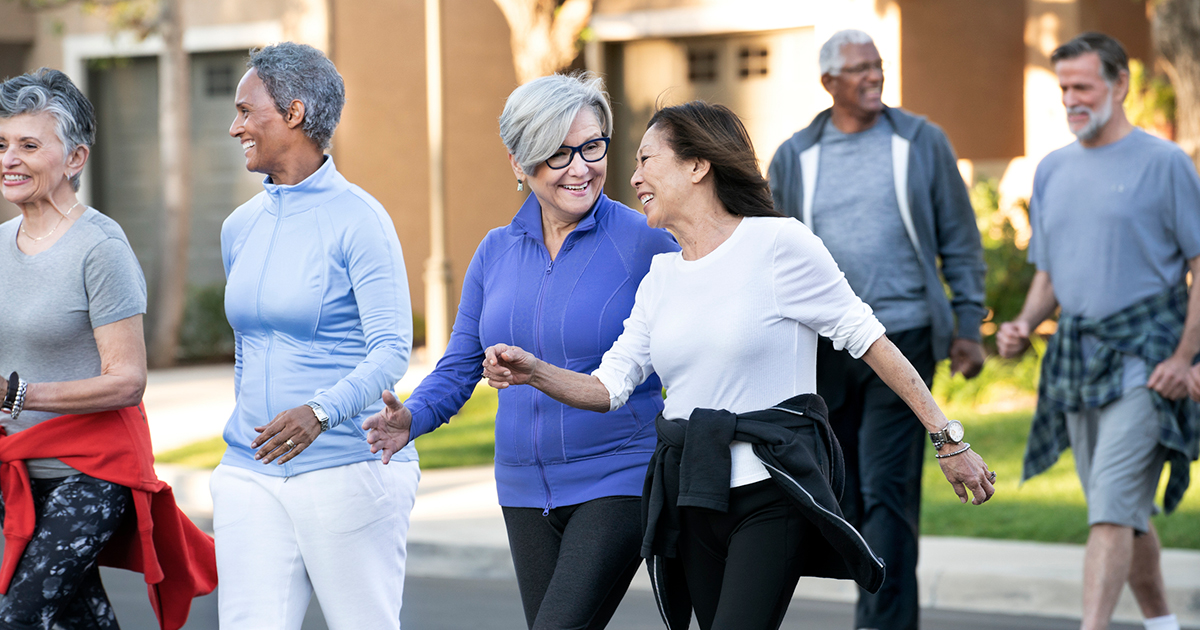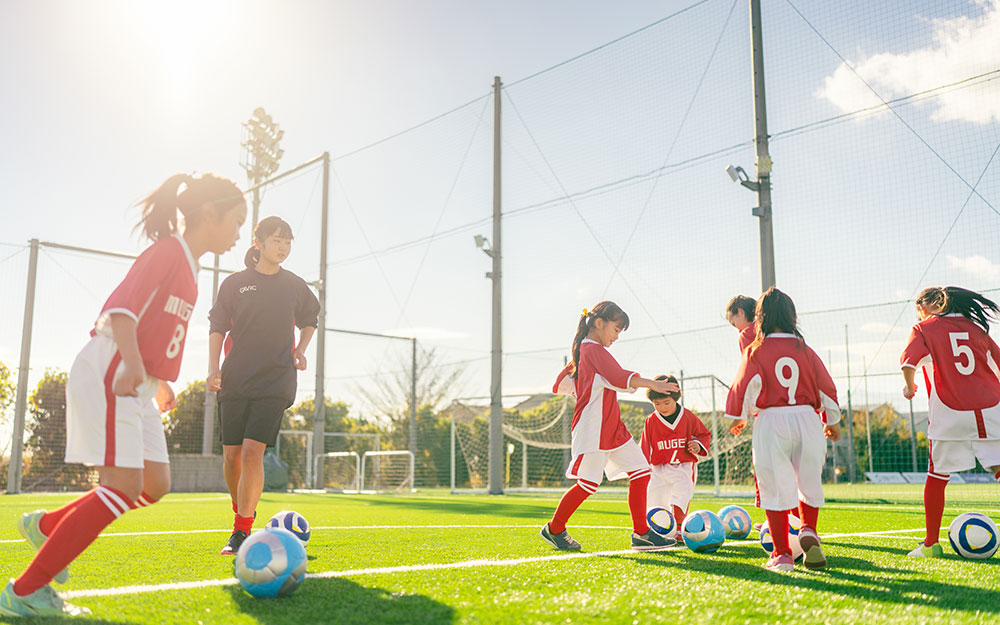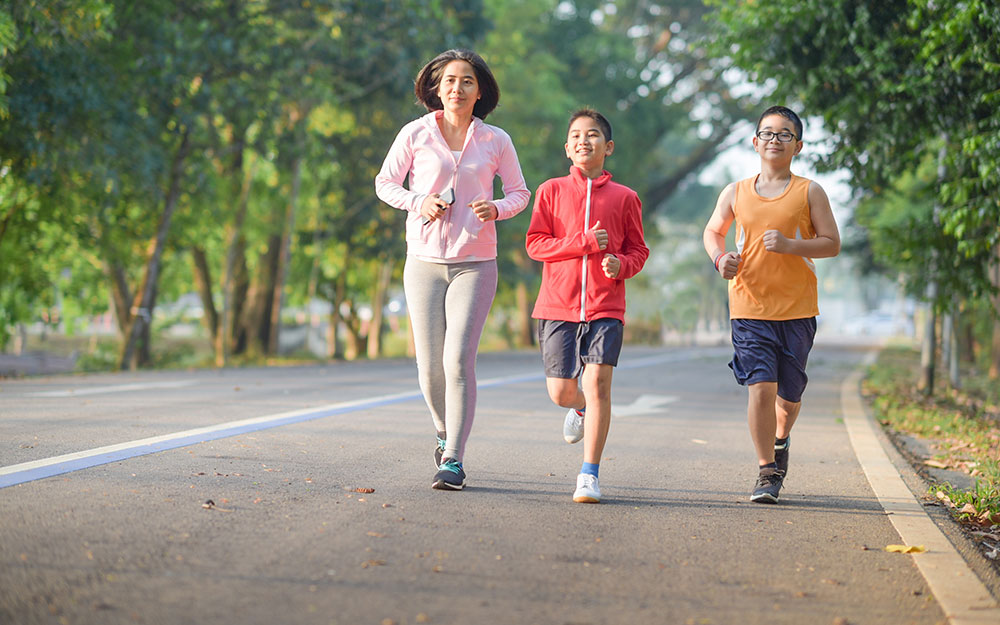How to Keep Your Bones Healthy as You Age
Date
April 25, 2024

Date
April 25, 2024
Credits
Medical providers featured in this article

In Brief
{{cta-block}}
You probably know about the importance of regular checkups for blood pressure, cholesterol, vision and dental health. But you may not realize the importance of checking your bone density, an important factor in osteoporosis. People with osteoporosis have fragile bones, which increases their risk of fractures.
“The average primary care doctor has so many other preventive health topics to discuss—heart disease, diabetes, colonoscopy, breast cancer or prostate cancer, in addition to active medical conditions—that osteoporosis often gets missed,” said Carol Lin, MD, an orthopedist at Cedars-Sinai. “It’s a ‘silent’ disease, and it’s deprioritized.”
Many people don’t think of themselves as susceptible to osteoporosis, but half of women age 50 and older and one-quarter of men 50 and older will experience fractures due to fragile bones.
“Some people think osteoporosis is an old person’s disease and if they’re very active, it doesn’t apply,” Lin said. “If you’re a postmenopausal woman or a man 70 and over, you’re at risk. If you want to keep jogging, playing golf, hiking and staying mobile, get your bone density checked so you can preserve your lifestyle.”
{{providers}}
How to Keep Your Bones Strong
Getting a DEXA bone density scan confirms whether you have osteoporosis or are at risk of the disease. The scan is similar to an X-ray exam; it’s painless, and you lie on an examination table during the test. All women 65 and older should get DEXA scans. The screening may also be helpful for men 70 and older, as well as some younger women.
If you’re diagnosed with osteoporosis, your doctor may prescribe medication to strengthen your bones in addition to changes in diet and exercise.
A diet that includes calcium, vitamin D and protein helps strengthen bones for everyone. Quitting smoking is also beneficial. Weight-bearing exercise helps you maintain or improve your bone health. Walking is the simplest form of weight-bearing exercise, and it’s the most accessible. Aim for at least 150 minutes weekly.
“Walking at moderate intensity—hard enough to raise your heart rate and break a sweat—for 30 to 45 minutes a day, five days a week, is the best thing you can do for yourself,” said Sonja Rosen, MD, chief of Geriatric Medicine at Cedars-Sinai. “It can decrease fall risk by up to 40%, which is remarkable.”
“Any person who’s over 65, who’s had a fall or has a fear of falling, should have a fall-prevention and bone-health assessment."
How to Decrease Your Fall Risk
Falls become more common as people age, but they’re not a normal part of aging. They’re more likely among people who have already fallen. Avoiding activities that may increase your fall risk—such as climbing stairs—can backfire because deconditioning yourself makes falling more likely.
“Any person who’s over 65, who’s had a fall or has a fear of falling, should have a fall-prevention and bone-health assessment,” Rosen said.
Cedars-Sinai’s Bone Health Program offers fall risk assessments to patients at risk of fractures and those who have already had fractures. During an assessment, providers determine factors that may contribute to patients’ fall risk, including poor vision, balance problems, medication side effects or other issues.
“To help prevent falls, use a nightlight, keep floors clear of clutter and don’t walk around in socks or floppy slippers,” said nurse practitioner Kathleen Breda, who founded the Bone Health Program with Lin and Rosen. “Be careful about throw rugs, electrical cords or oxygen cords. People trip over them all the time.”
Improving your bone density and working to decrease your fall risk should help you live more independently.
“Think about the impact of a fracture—you’ll need someone to help you get dressed, get in and out of bed, use the bathroom and clean yourself,” Breda says. “Be proactive in your care. You’re worth it.”







